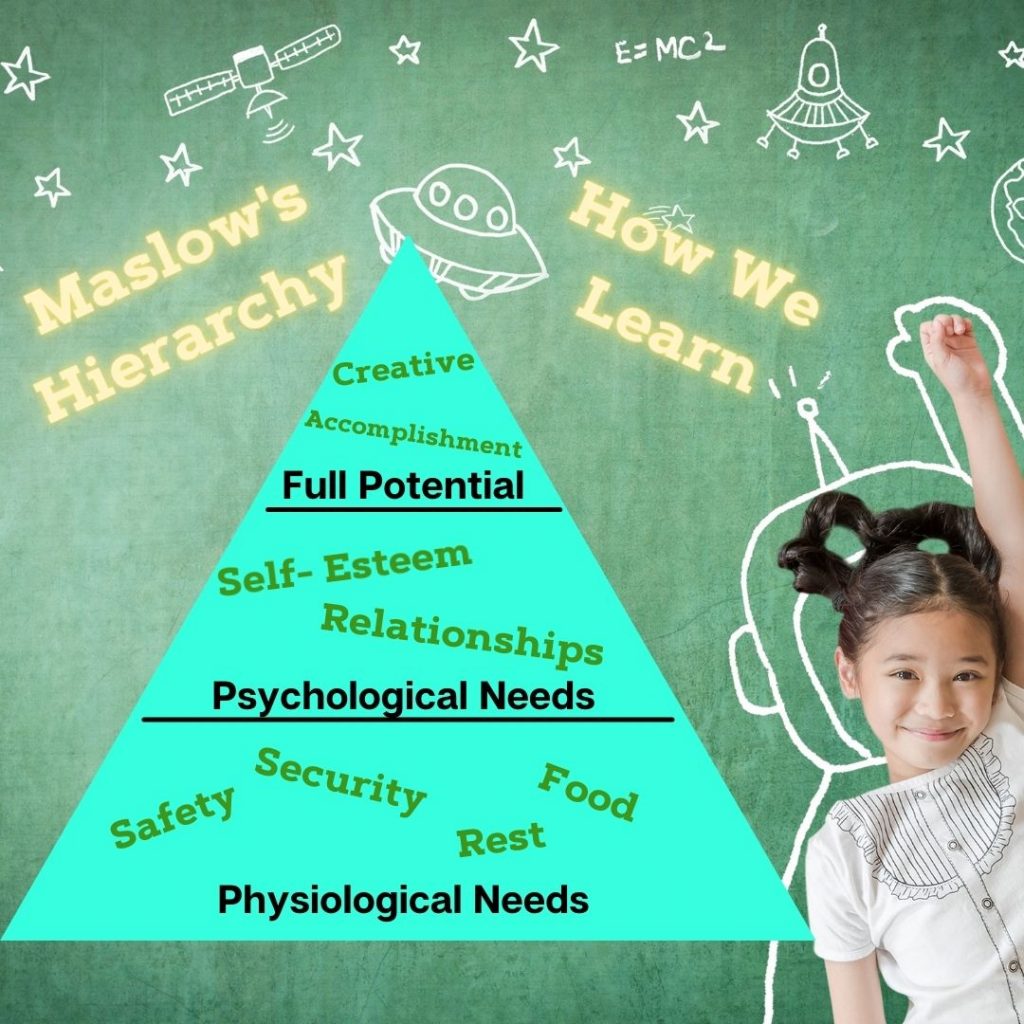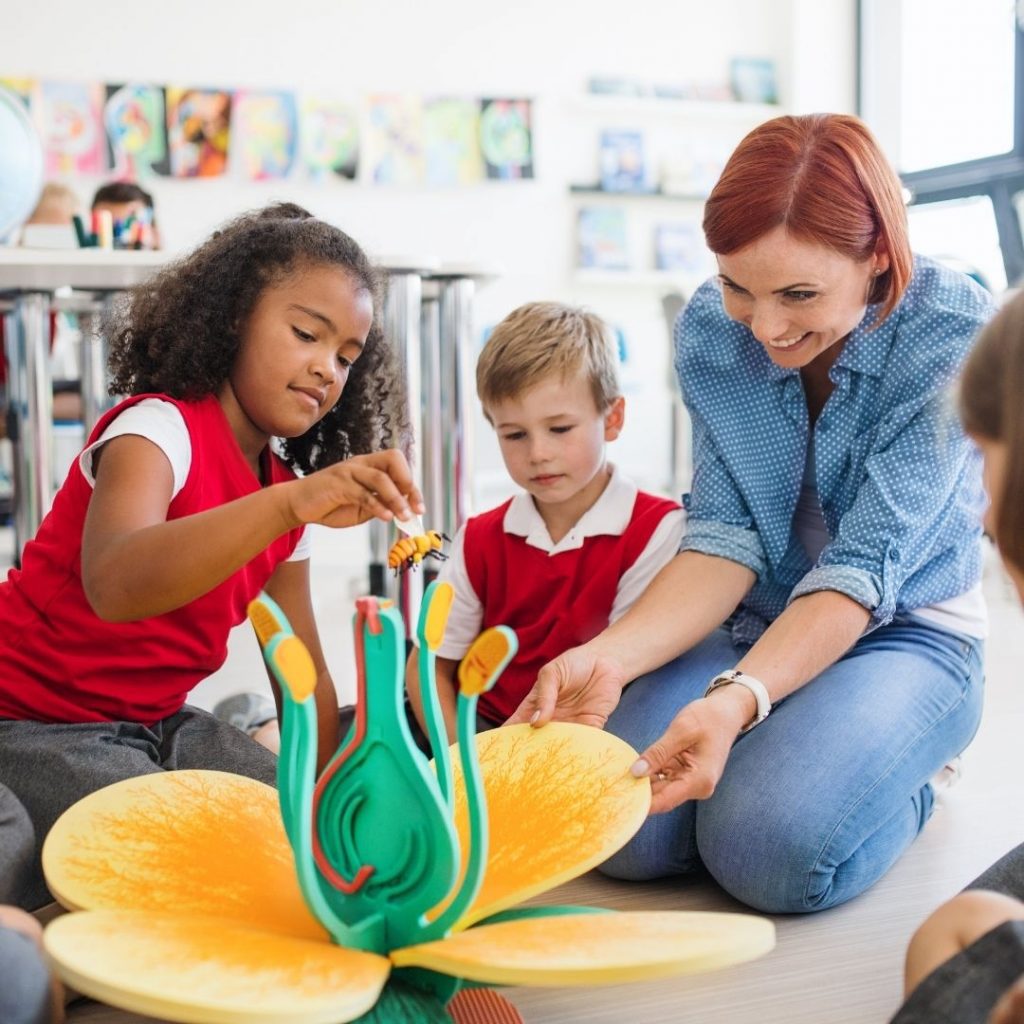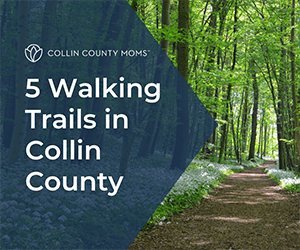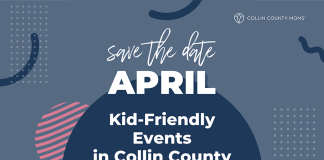The school year seems to drag, until the last few weeks! I’ve talked to several parents who feel like their kids really missed out on a lot of educational content this year and are trying to figure out what, and if, they need to supplement over the summer.
Preventing the Summer Slide
1. Maslow’s Hierarchy of Needs
One of the first things we learned in college was that kids do not learn as well if their physiological and psychological needs are not met. And this crazy year has done a number on all of us. So my top priority this summer as a parent is making sure that my kiddos feel safe. After that I want to make sure that they are connecting with friends and a couple of other safe, encouraging adults. And also finding ways to serve and help others as a family.
I did not really learn this until I had been teaching for a few years, but social-emotional skills and needs should always take priority over the educational ones.

2 Common Core Standards
How were their grades this year? What subjects were a struggle? And make sure you take into consideration that it was really hard to ‘do your best’ this year and we need to cut our kids some slack. Maybe you are new to homeschooling, or a new elementary parent, and don’t know exactly how to figure out how they are doing according to their grade level.
Here in Texas, we use the TEKS guidelines; HOWEVER, they are very similar to the common core standards and those are a lot easier to understand. Here’s a great article that breaks them down by grade:
Sylvan also has posts for each grade level, like this one: What My Second Grader Should Know
3. Resources & Opportunities
There are a lot of opportunities for parents to help enrich their kiddos’ academic plate this summer, but the number of summer activities is overwhelming. And many of us aren’t able to drop off kiddos for just one hour during the day or have the budget to do a weekly camp.
My suggestion would be to take it in small pieces. First, what can you find for free? What is your district and the local library offering? Then make a budget. Decide if you want to try individual tutoring or summer programs or camps. Facebook is a great resource for finding local teachers and tutors that are holding camps.
4. Can They Teach the Subject Matter?
I know that sounds funny. But if I have a third grader who is struggling in math, my first idea would be to have them help a first grader with some math problems. Or to ask a fifth grader to help them. Why? Well, we know that kids learn more long-term by teaching and doing, sometimes called the learning pyramid. Their brains hear other kids explaining things differently than adults. And helping a younger student builds their self confidence in the subject matter. Once their confidence is boosted, it’s easier to tackle a new or difficult problem.
5. Can You Make Educational Activities a Part of Your Routine?
Making educational activities routine takes a lot of intentionality, but it makes a big impact. In first grade this might look like having your kiddo help you write out a grocery list every week. Or maybe having your kindergartner number the list that your second grader helps you write. Everyone could get a special summer journal and you draw and write in your journals every week about what you did. Middle and high schoolers could help you plan and budget a summer trip or special family fun day. Slowing down and counting or calculating things out loud together can be fun…alright, it’s really not fun, but it helps. And making reading together or listening to an audiobook together a regular routine should be something everyone can do. And speaking of reading,
What’s the #1 thing you can implement in your home this summer that will help your kids retain their learning and get ready for the next school year?
Reading together and having them read by themselves. There are so many studies that show that reading for pleasure at home is a huge key to academic success. Reading fun books together should be the first thing we focus on when thinking about summer education.
MORE: How to create mini libraries in your house















Love this! I especially love the part about having a 3rd grader tutor a 1st grader, because YES it helps reinforce concepts on a deeper level, and the younger can learn from the older, but also empowers the third grader and puts the focus on what they CAN do!